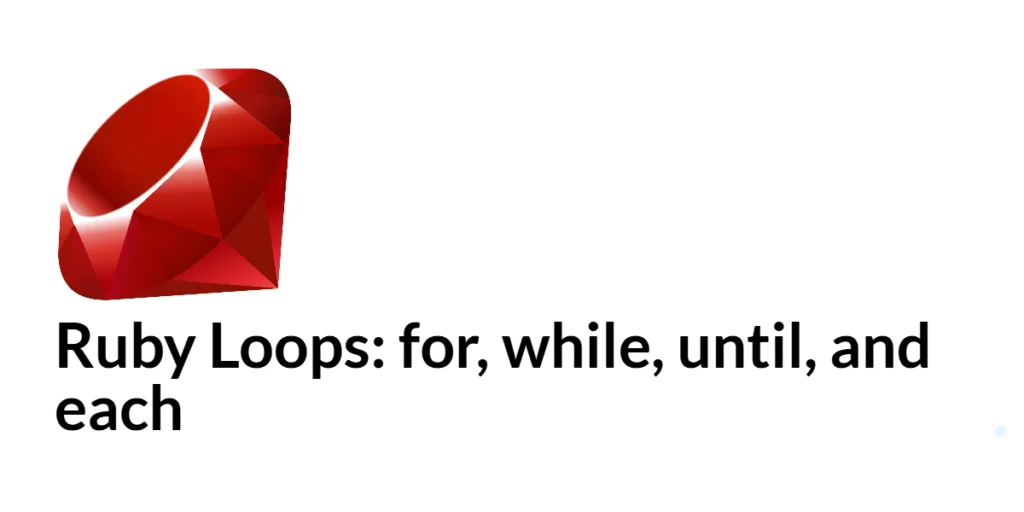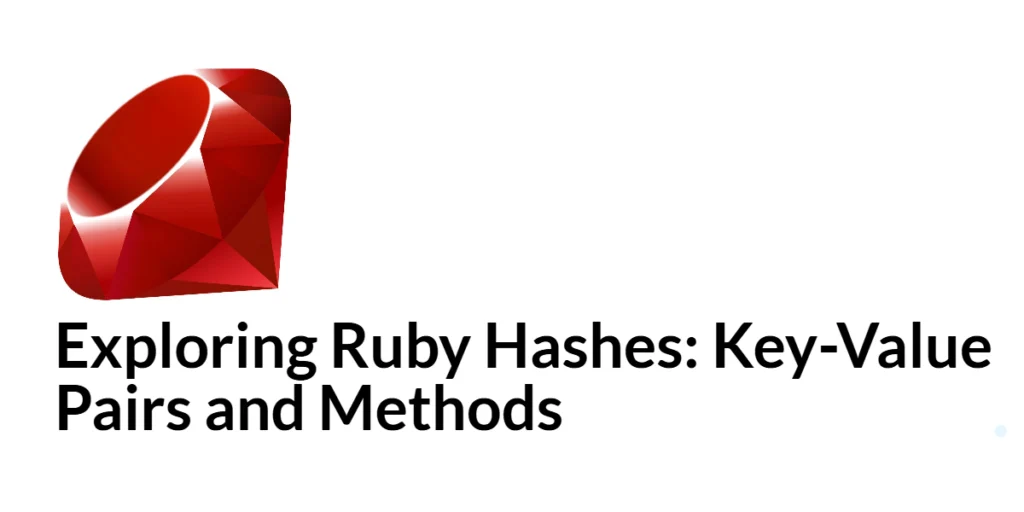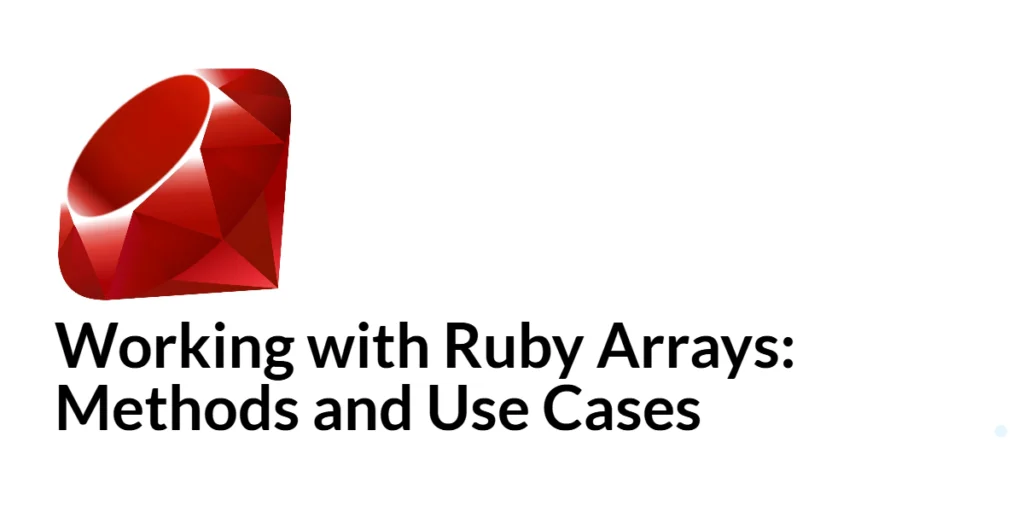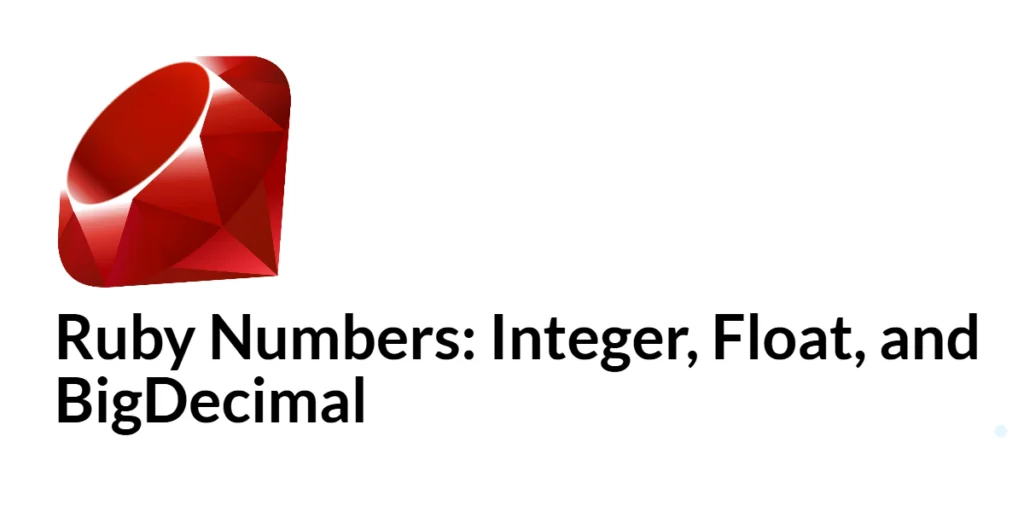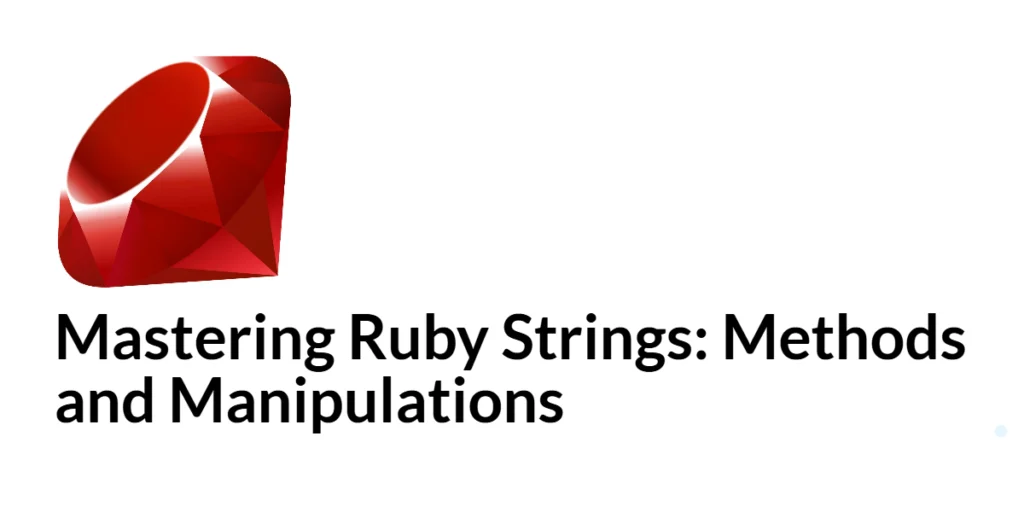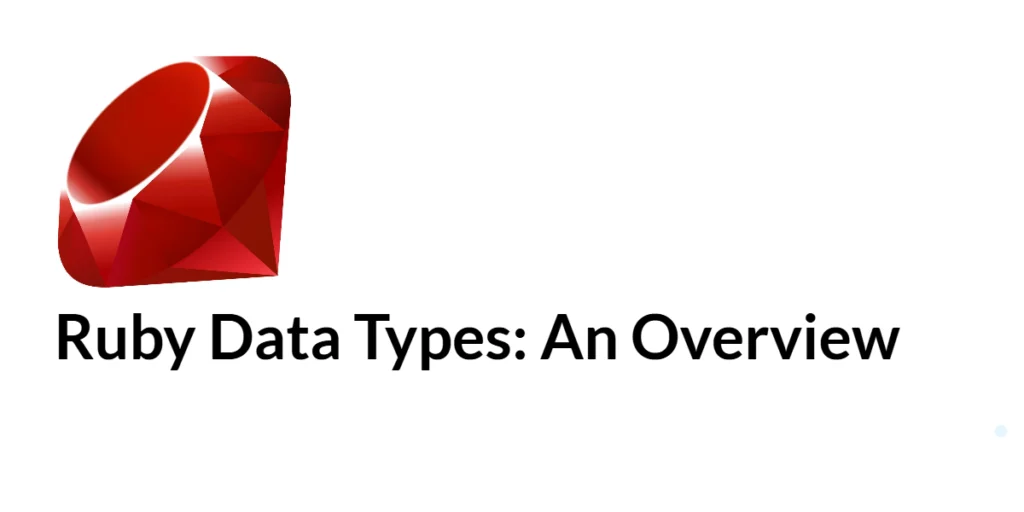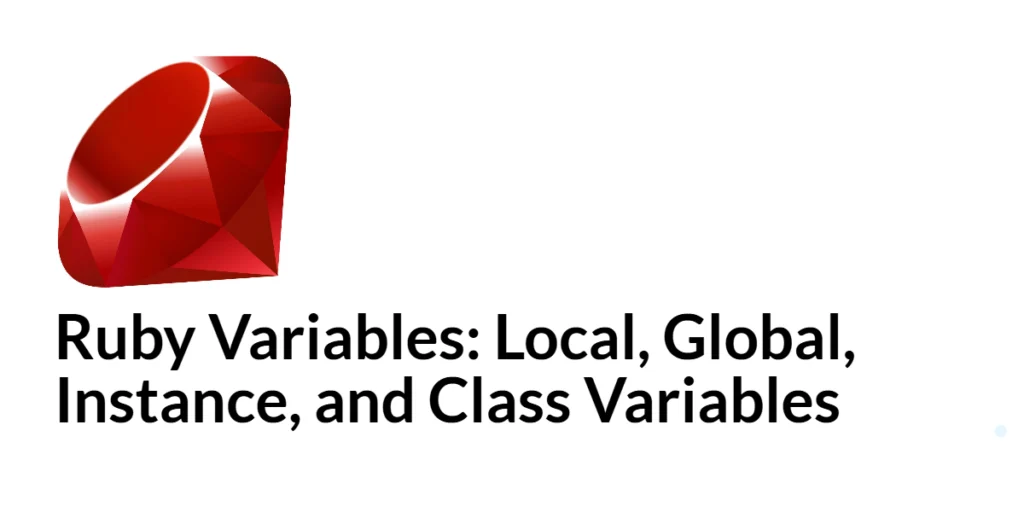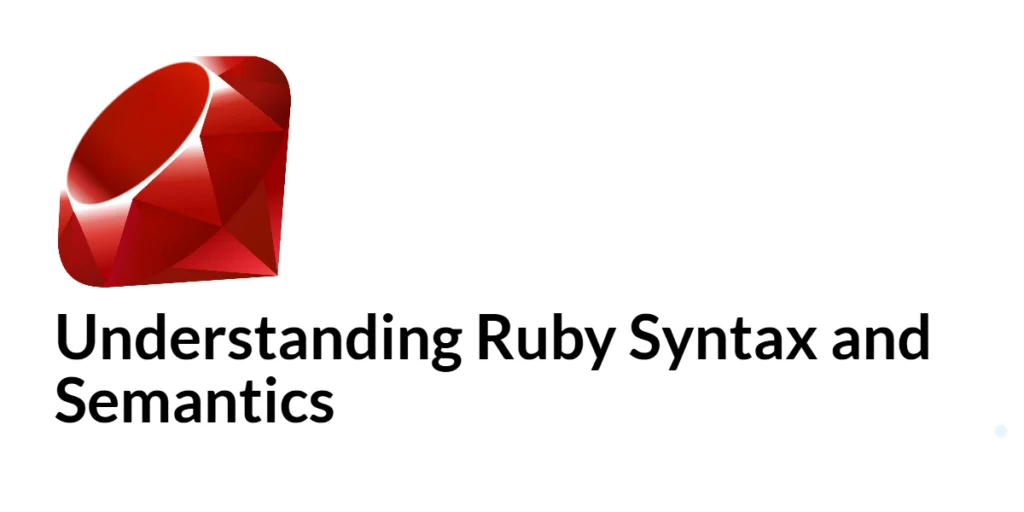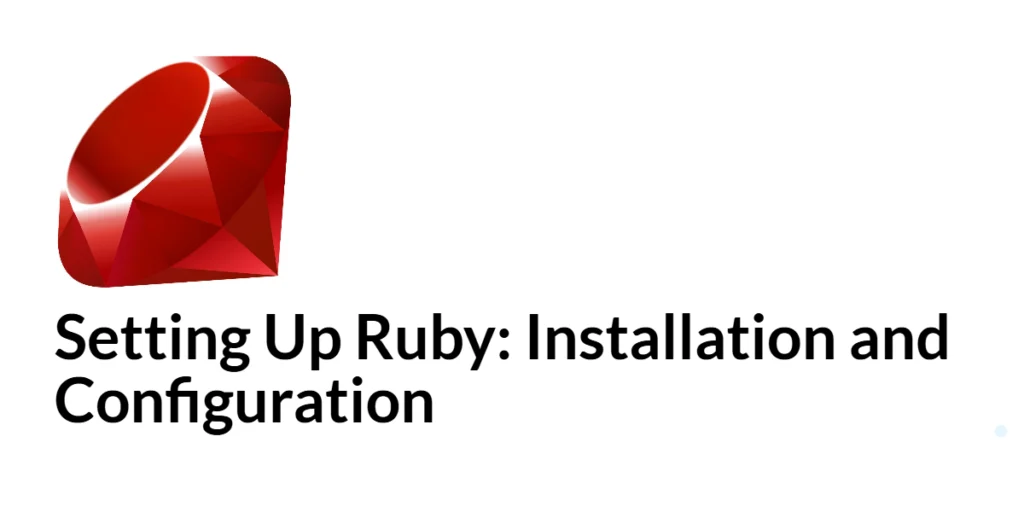Ruby Loops: for, while, until, and each
Loops are an essential part of programming that allow developers to execute a block of code repeatedly based on a condition. In Ruby, there are several looping constructs, each suited to different scenarios. The for loop, while loop, until loop, and each iterator provide powerful ways to handle repetitive tasks efficiently. Understanding how to use […]
Ruby Loops: for, while, until, and each Read More »
